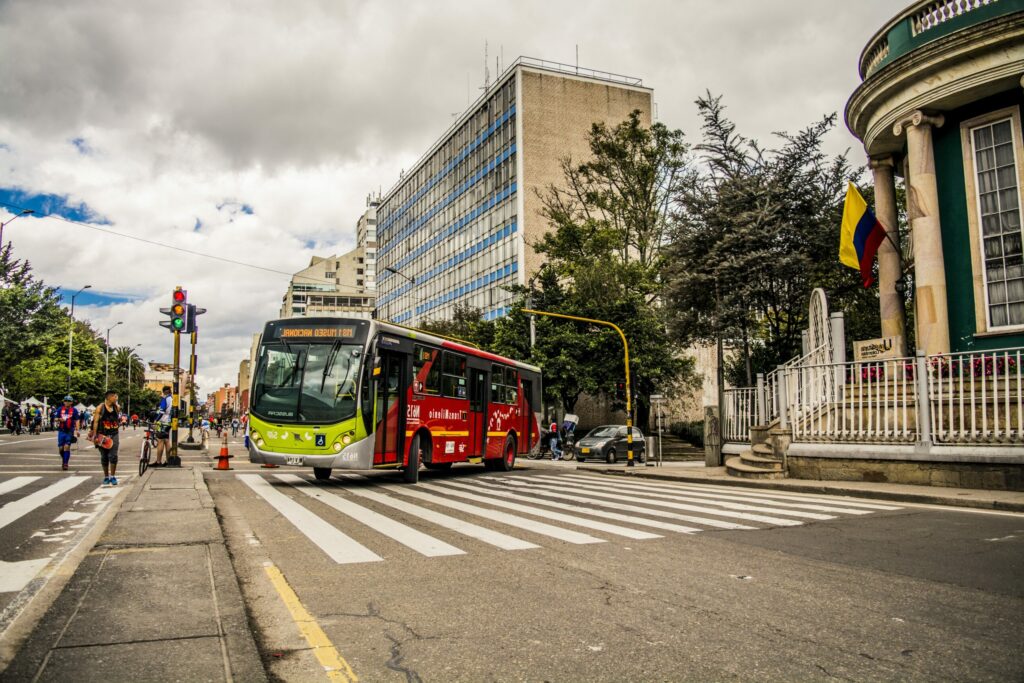//Case Study
6 steps of workplace cooperation changed company engagement in sustainability and human rights
SKF Latin
Trade is based in Bogotá and oversees Colombia, Ecuador, Central America and
the Caribbean. The company operates in diverse sectors (mining, oil and gas,
Food and beverages, metals, pulp and paper, etc.) where sustainability is an
imperative. With the onset of COVID-19 in 2020, SKF Latin Trade faced the
challenge of how to adjust to new ways of working while improving
sustainability given market demands and the prevailing global situation.



